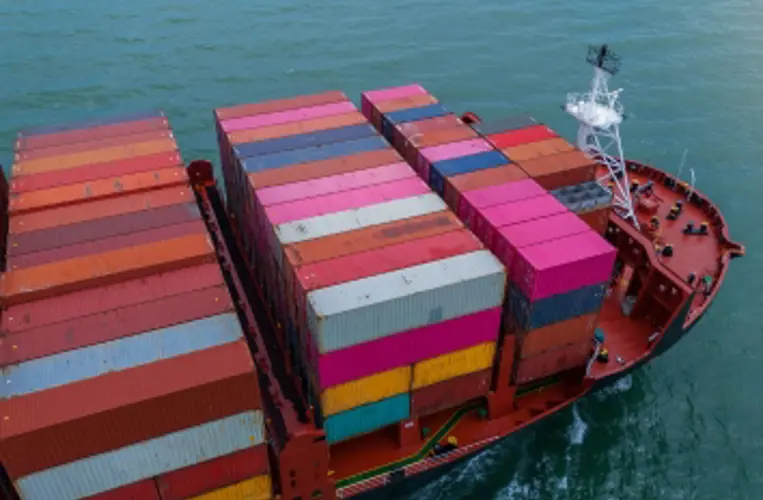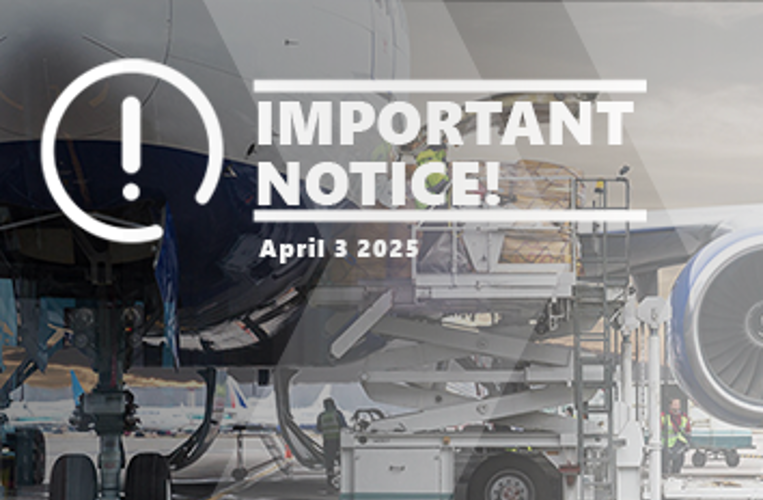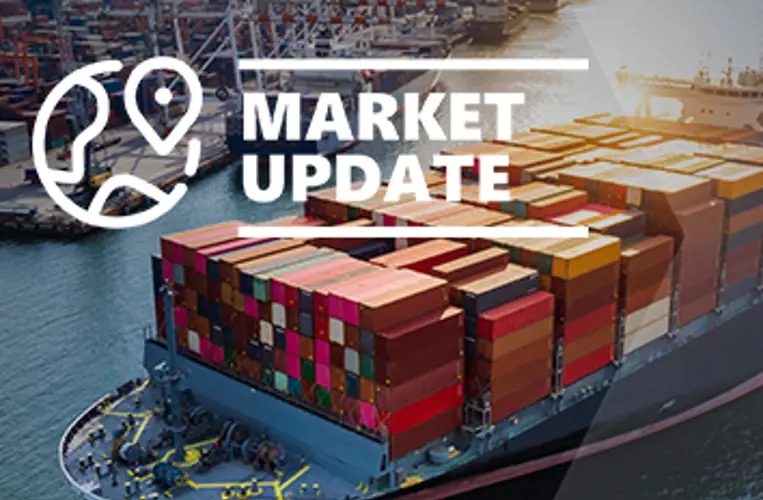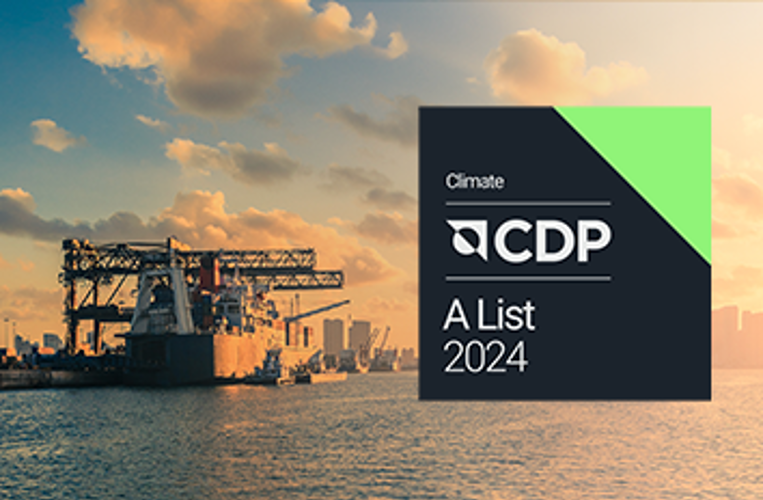On behalf of Scan Global Logistics

Global COO & CCO
Advisory
27 Dec, 2023

On 26 December, CMA CGM announced that it would increase the number of vessels travelling through the Suez Canal, joining Maersk in a gradual return to the area after US-led efforts to prevent attacks as part of Operation Prosperity Guardia [1]
In a statement released on 24 December, Maersk commented:
‘As of Sunday, 24 December 2023, we have received confirmation that the previously announced multinational security initiative Operation Prosperity Guardian (OPG) has now been set up and deployed to allow maritime commerce to pass through the Red Sea / Gulf of Aden and once again return to using the Suez Canal as a gateway between Asia and Europe,’ Maersk said in a statement on Sunday. ‘With the OPG initiative in operation, we are preparing to allow for vessels to resume transit through the Red Sea both eastbound and westbound.’
The world´s largest container carrier, MSC, though, maintains a different stance and that it, for now, will continue to re-route vessels via Cape of Good Hope.
This stance is likely fueled by a painful reminder of the gravity of this situation, with MSC on 26 December informing that one of its vessels had endured a new attack: ‘On 26 December 2023, the container ship MSC UNITED VIII was attacked while transiting the Red Sea. The vessel informed a nearby coalition task force warship of the attack and, as instructed, engaged in evasive manoeuvres.
The incident occurred on 26 December 2023 at approximately 12:25 UTC while the MSC vessel was en route from King Abdullah Port, Saudi Arabia, to Karachi, Pakistan. Currently, all crew are safe with no reported injuries, and a thorough assessment of the vessel is being conducted.
Our first priority remains protecting the lives and safety of our seafarers, and until their safety can be ensured, MSC will continue to reroute vessels booked for Suez transit via the Cape of Good Hope.’
The waiting game is on
Other carriers have adopted a ‘wait and see’ approach, with Hapag Lloyd expected to decide on 27 December whether to maintain re-routings or gradually resume sailing through the Suez Canal.
This also means that at the time of writing this update, the overall picture is fragmented, and our guidance issued in previous advisories is, for now, maintained. Given the varying approaches across the main carriers, we encourage factoring in extended transit times, and even for carriers that are gradually resuming passage via the Red Sea, it is expected to be a slow and gradual transition.
Lars Jensen, Vespucci Maritime on LinkedIn [2], provides the following analysis: ‘Looking at the AIS data, all major carriers continue to re-route vessels around Africa with Maersk and CMA CGM being the exception. The image shows all container vessels larger than 10.000 TEU.
Shippers should note that not all vessels from the Danish and French carriers are re-routed, as many were already too far down the path of a round-Africa routing to make it worthwhile to redirect them. For both carriers, spot-checks seem to confirm that the vessel schedules on their own websites contain information showing whether individual vessels are being routed around Africa or have resumed the normal shorter routing. A quick spot check on vessel positions also indicates that CMA CGM has at least one vessel which appears not to have been redirected to Suez and is instead still proceeding towards South Africa despite having had the ability to go the shorter route.’

From a pricing and rate level perspective, we also refer to information previously shared. Rate levels will, for now, remain elevated due to this situation, with emergency surcharges issued by carriers across the industry expected to be maintained for the time being. Speculating on the positive effect of specific carriers increasingly returning to regular schedules via the Suez Canal is premature.
We encourage all our customers to explore other options in a collaborative manner for high-priority shipment with our customer service teams, whether by airfreight, sea-air or rail freight, or alternate ocean routings.
Our customer service teams are naturally working tirelessly to keep any impact on your business at a minimum.
We will continue to keep you updated as the situation develops further. All information provided is given to the best of our knowledge and is subject to change.
[1] https://www.reuters.com/business/hapag-lloyd-decide-wednesday-about-its-red-sea-routes-2023-12-26/
[2] https://www.linkedin.com/posts/larsjensenvespuccimaritime_day-11-of-the-red-sea-challenges-26-dec-activity-7145304271473860608-fE7_/

On behalf of Scan Global Logistics

Global COO & CCO









